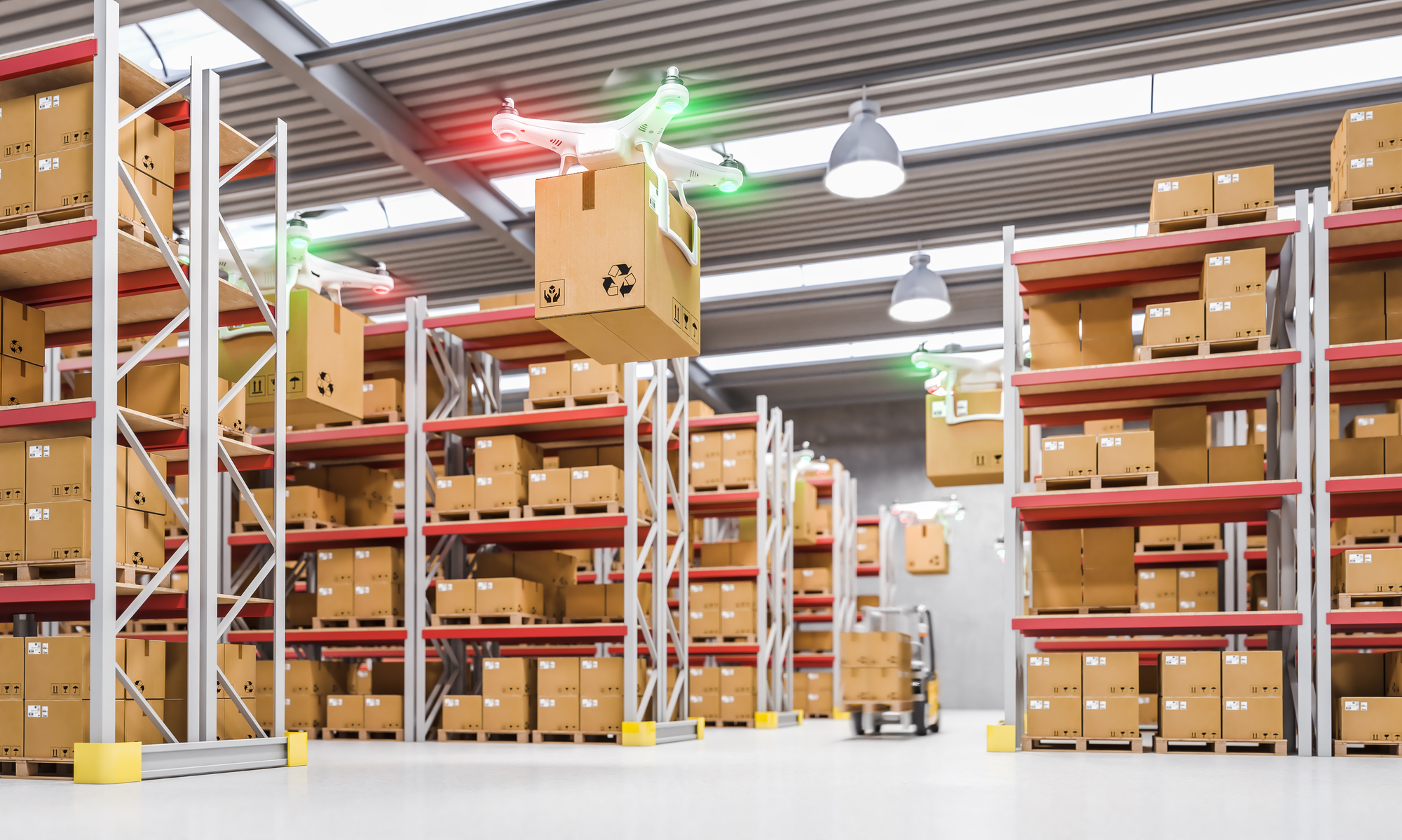Delivery drones need robust cybersecurity
With the number of delivery drones in the global eCommerce industry alone expected to grow to 2.2 million units by 2025, the demand for drone maintenance, repair and servicing will soar. What is also needed, however, is robust cybersecurity.

Trials in drone delivery are underway in at least 15 countries, including Australia, the U.S., the U.K., Canada, Japan and Switzerland, by specialized as well as cross-industry companies. "Faster deliveries, reduced road traffic, access to remote areas, accurate delivery coordination and increased convenience make drones an attractive proposition for the last mile," explains Frost & Sullivan's Joe Praveen Vijayakumar. "Given the enormous scope of the technology, drone delivery companies are working with drone software platform companies to develop advanced artificial intelligence (AI) and autonomous flight capabilities. There is also significant potential to work with companies developing next-generation rotors and propellers that can generate muzzle sound."
Trends in the drone delivery market examined
The Frost & Sullivan study entitled Analysis of the Drone Delivery Landscape and the Evolving Business Opportunities, 2018 has studied the current and future trends in the drone delivery market. It presents technological challenges, different types of delivery drones, and profiles of key vendors. For the study, the market has been segmented by drone type: Multicopter, Tricopter, Quadcopter, Hexacopter and Octocopter, as well as fixed-wing and so-called 'Transitional' drones. The study also examines emerging regulations in commercial drone delivery around the world and identifies countries with beneficial regulations for commercial drone operations.
Drone delivery: More security thanks to blockchain
"Further, investment in robust cybersecurity is critical to increase the adoption of drone delivery systems," Vijayakumar notes. "The emergence of blockchain in the commercial drone market will make drone services more secure, accurate and easier to track and regulate. Blockchain can use cryptography to make communication with each other, with the customer's cell phone as well as with the operations center more secure."
The regulatory landscape is evolving in line with this market development. Many states in the U.S. are enacting regulations and laws that define the purposes and circumstances under which drones can and may be used, Frost & Sullivan writes. As drone deployment becomes more mainstream, companies will see greater growth opportunities resulting from the following:
- with drones designed to meet the specific needs of the individual application areas are optimized. This will lead to a range of business models and revenue streams;
- Building supporting infrastructures, including Distribution centers, Delivery platforms and a network of Charging stations, to ensure smooth operation of drone delivery;
- Close cooperation with the responsible Government agencies, to expedite the rulemaking process for drone deployment;
- Addressing challenges related to safety, Air traffic control and noise.
More free, English-language information on this study can be found here: https://frost.ly/3di









